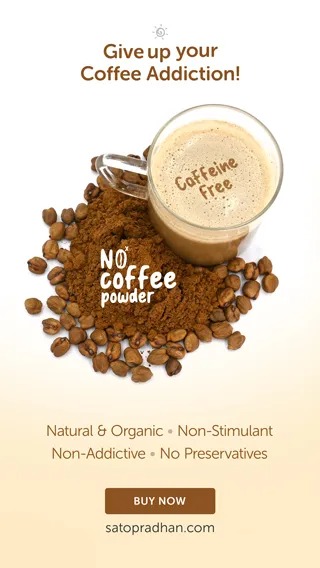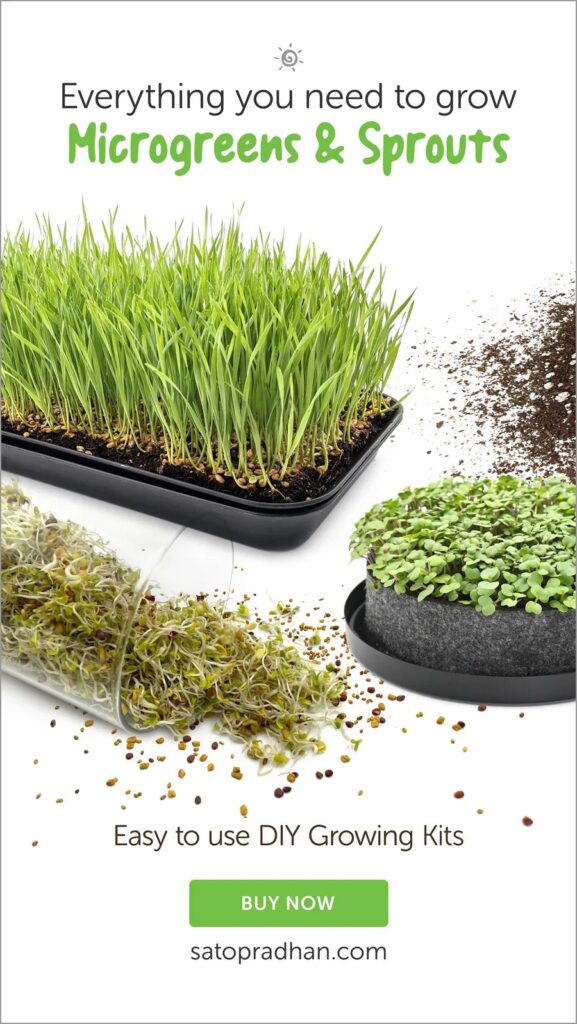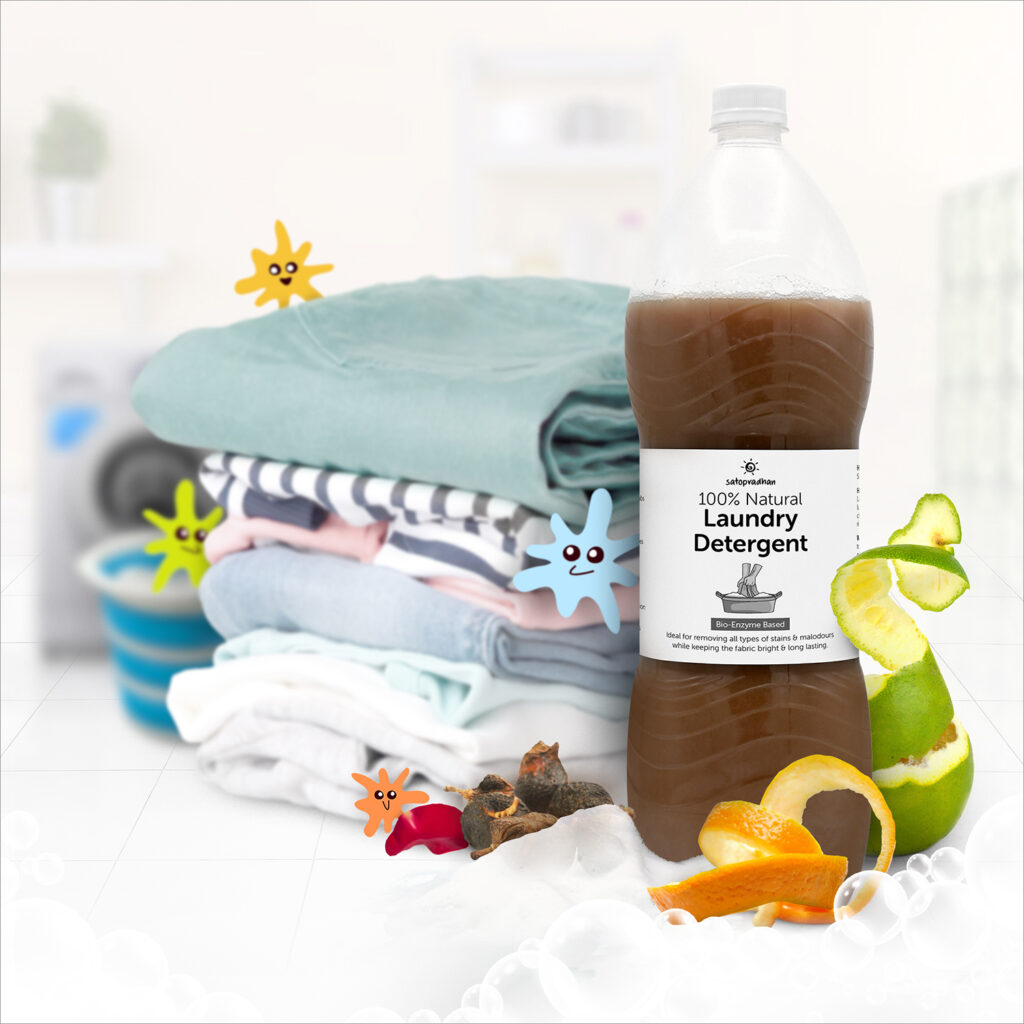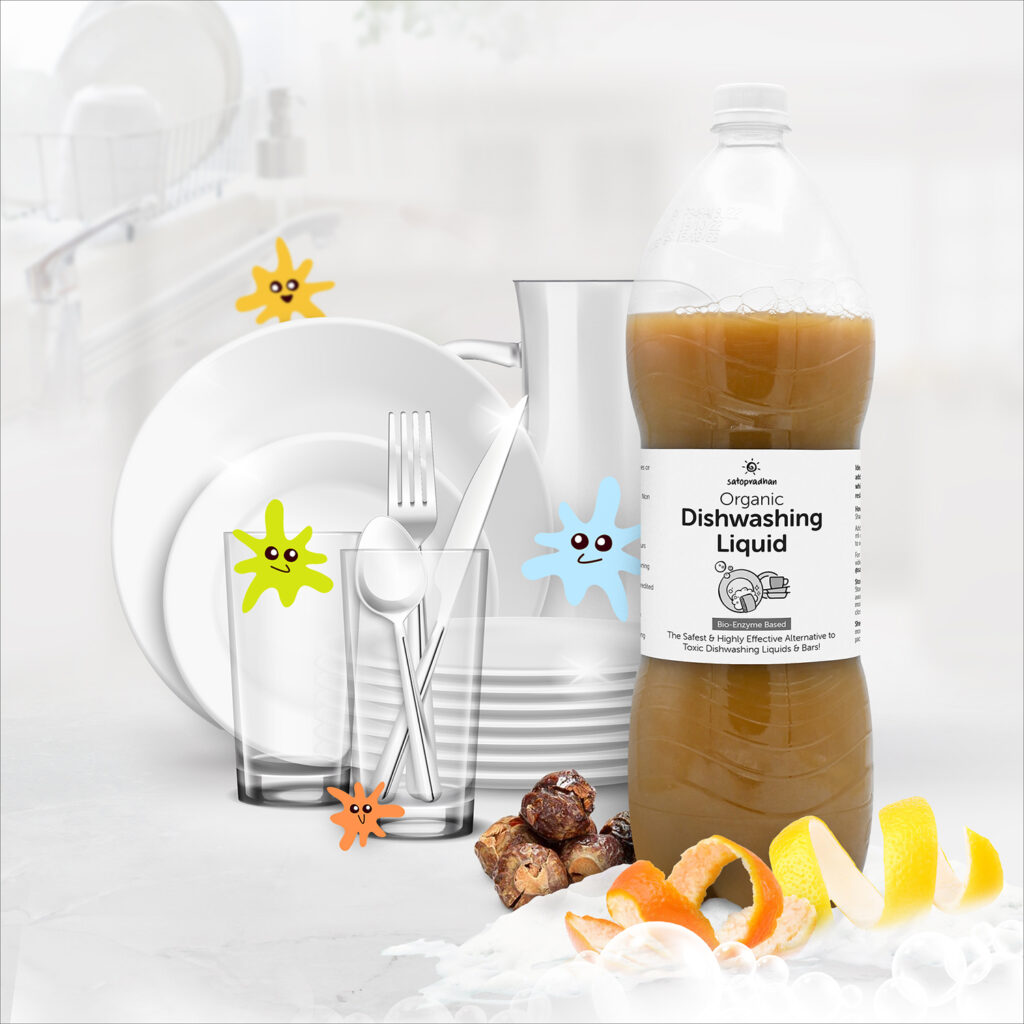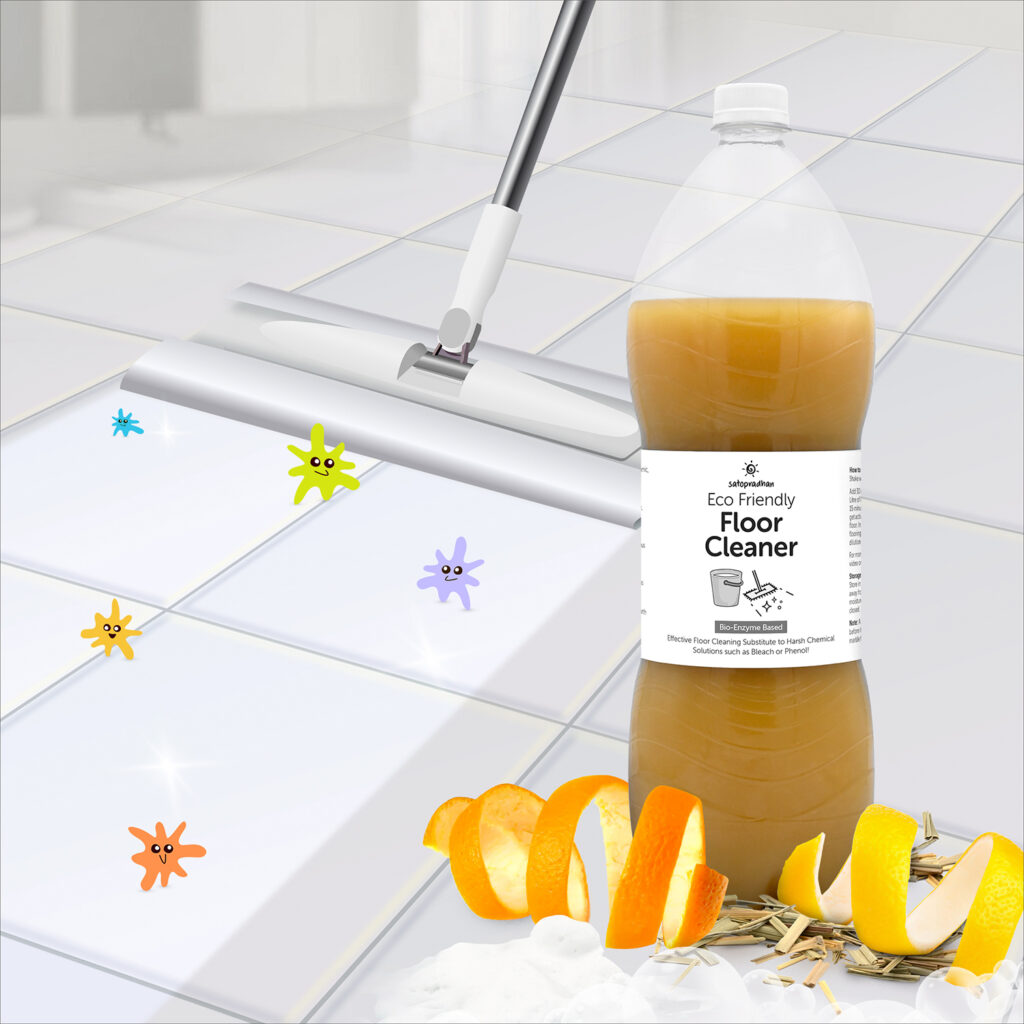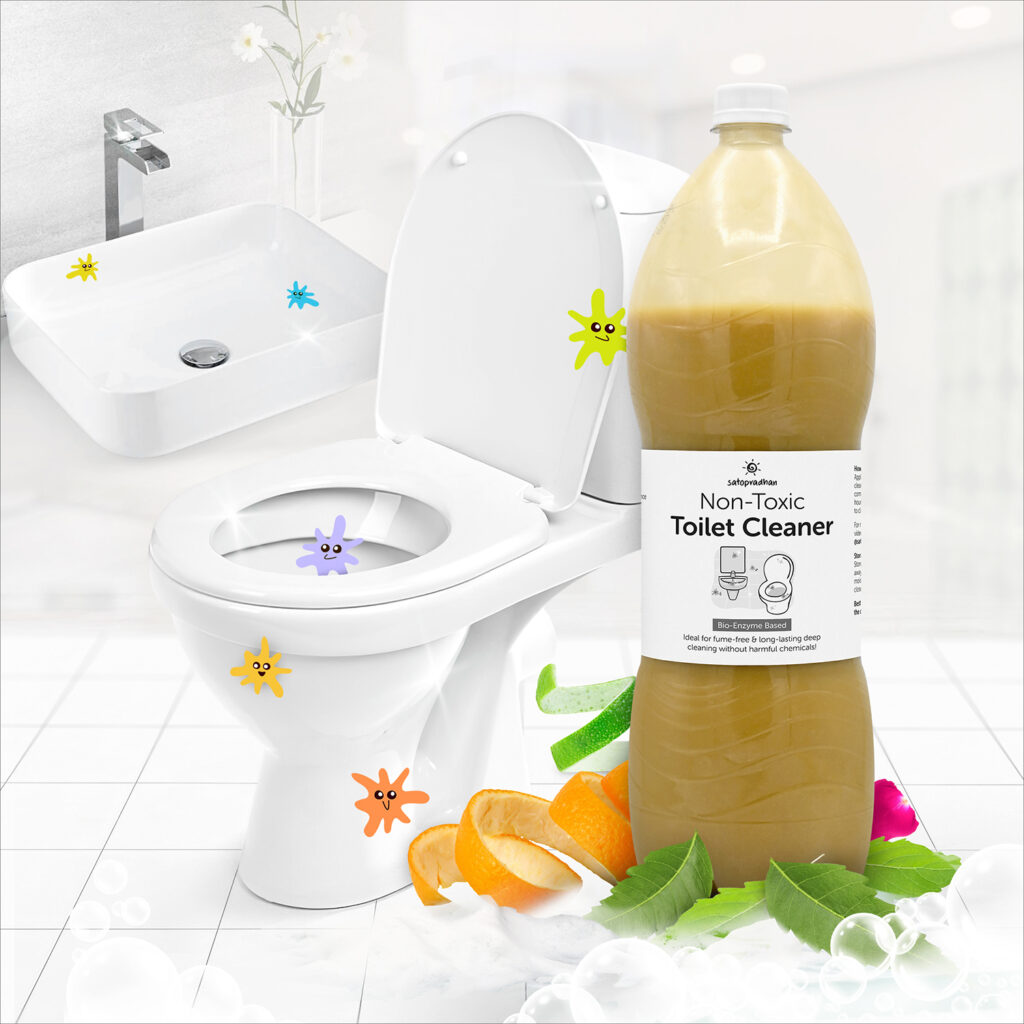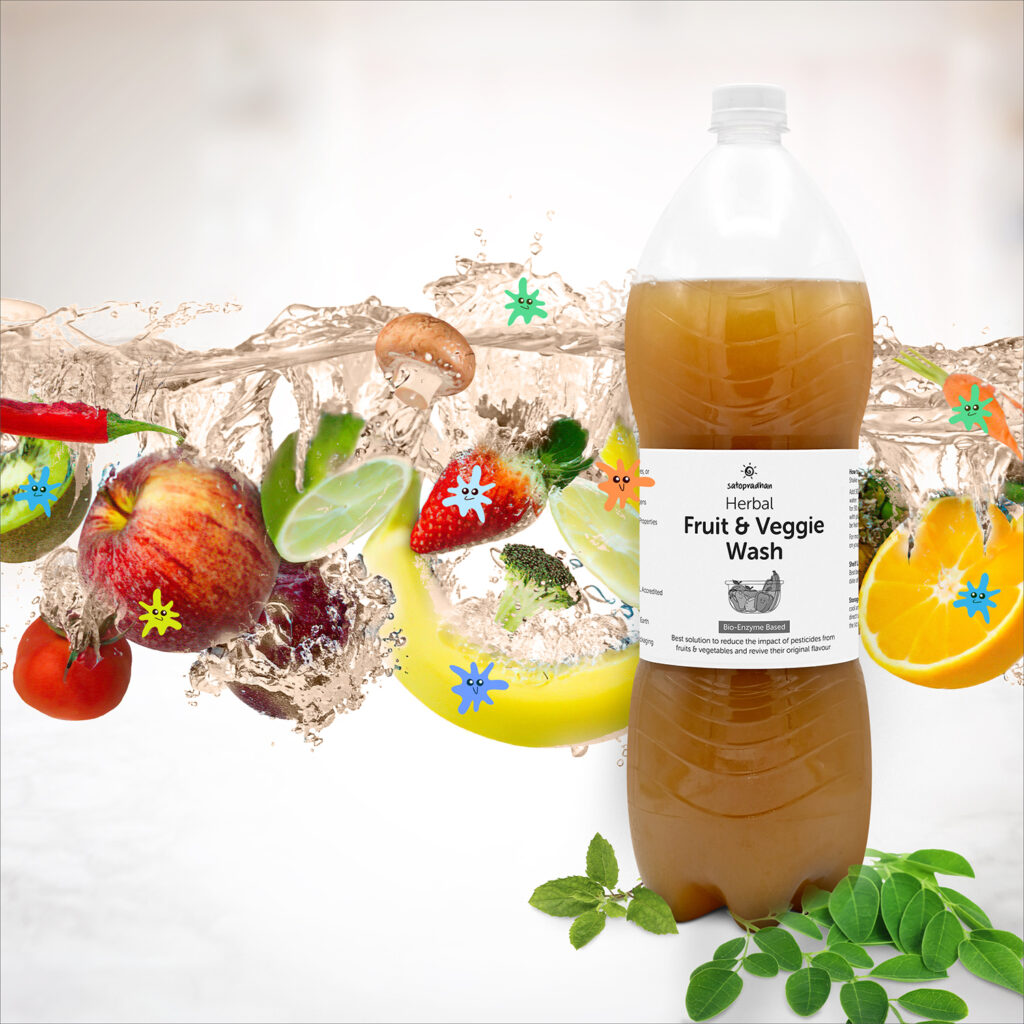Introducing the More Sustainable Alternative
Our last blog discussed how regular cotton can harm the environment and the hands that cultivate it. Now, let’s talk about the switch – a switch to something lighter and better – Organic Cotton. It’s like the eco-friendly superhero of fabrics. No harmful chemicals in the fields, just pure, natural goodness that’s kind to the Earth and gentle on your skin.
What is Organic Cotton?
Organic cotton farming is a natural and sustainable alternative to conventional practices, taking a holistic approach that works with nature instead of against it. For example, one technique used here is Crop Rotation. In this method, different crops are grown on the same plot each year. This not only naturally fertilizes the soil but also makes it act like a sponge, holding more water and providing stability in changing weather. This also reduces the need for excess water.

Additionally, crop rotation acts as a pest control strategy, eliminating the need for pesticides. Organic cotton is a simple, green revolution in farming, offering a sustainable choice for those who care about the planet.
How Is Organic Cotton Different from Conventional Cotton?
The difference in both types of cotton is more than just a label on your clothes – it’s about how our choices impact the environment, from the seeds planted in the ground to the clothes we put on. Here are a few points of difference between both the types of cotton

Seed Preparation
Organic
Embraces natural, untreated seeds that are free from genetic modification (GMO). This ensures a pure and uncontaminated starting point for the cotton plants
Conventional
Typically involves treating seeds with fungicides or insecticides, and there’s a possibility of incorporating genetically modified organisms (GMOs)

Soil Preparation
Organic
Adopts a holistic approach with crop rotation, fostering healthy soil. This practice enhances soil quality through increased organic matter, promoting moisture retention naturally.
Conventional
Often relies on synthetic fertilizers, leading to soil degradation and loss due to mono-crop culture. Intensive irrigation practices further contribute to soil health deterioration.

Methods Adopted to Control Weeds
Organic
Maintains a natural balance by fostering healthy soil conditions. It employs beneficial insects and trap crops, eliminating the need for chemical weed control.
Conventional
Involves chlorine bleaching to whiten the fabric, creating toxic by-products that are released into the environment, contributing to pollution.

Whitening Process
Organic
Utilizes safe peroxide for whitening without releasing harmful by-products into the environment.
Conventional
Involves chlorine bleaching to whiten the fabric, creating toxic by-products that are released into the environment, contributing to pollution.

Dyeing
Organic
Utilizes low-impact fiber-reactive or natural dyes with low metal and sulfur content, minimizing environmental impact.
Conventional
Involves high-temperature processes containing heavy metals and sulfur, contributing to environmental pollution.

Price
Organic
Initial costs may be higher, but the long-term advantages in terms of sustainability and environmental impact are priceless.
Conventional
May be initially cheaper, but the long-term environmental consequences, along with potential societal impacts, can be devastating.
So, the next time you pick out a shirt or sheets, remember that it’s not just about the color or style – it’s about the journey of that cotton, from the field to your closet.
Benefits of Organic Cotton
Organic cotton isn’t just about clothes – it’s a commitment to premium quality, and sustainability.

Gentle on You and the Planet
Choosing organic means choosing comfort without compromise. It’s light, breathable, and doesn’t harbor chemical residues, ensuring a fabric that’s safe on the skin and doesn’t trigger allergies.

No More Lint Balls
Say goodbye to those fabric balls! Organic cotton doesn’t pill like synthetic fabrics, and any that does forms usually washes away.

Earth-Friendly Practices
Going beyond personal benefits, organic cotton is a friend to the environment. It uses less water, avoids harmful chemicals, and even reduces its carbon footprint, contributing to a healthier planet.

GMO-Free
No genetic modifications here! Organic cotton is grown from non-GMO seeds, steering clear of unnatural processes that can impact nature and the environment.

Better for Farmers
Farmers benefit too! With fewer health risks and fair trading practices, organic cotton uplifts the hands who bring it to life. It’s a win for everyone involved.

Safe Standards, Responsible Choices
When you choose organic cotton, you’re choosing safety. Rigid manufacturing standards ensure a product that’s safe to use. It’s not just a choice; it’s a responsible step towards a healthier and more sustainable world.
So, when you pick organic cotton, you’re not just getting great clothes – you’re embracing simplicity, supporting a healthier environment, and becoming a responsible part of the change.
Is It Truly Organic?
In the realm of sustainable cotton options, there are various choices. However, if you want to be certain that what you’re buying is truly organic, it’s crucial to opt for certified organic cotton. Always double-check that the cotton you’re purchasing carries a GOTS certification.
GOTS, or the Global Organic Textile Standard, was developed by prominent standard setters with the aim of establishing global requirements for organic textiles. These standards cover the entire process, starting from the responsible harvesting of raw materials to responsible manufacturing, ultimately providing credible assurance to customers. GOTS serves as a comprehensive framework, ensuring that organic textiles meet strict criteria at every stage of production.
To earn the GOTS stamp, organic cotton must check these boxes:
- 95% or More Organic Fibers: The fabric has to be mostly organic, with at least 95% certified organic fibers.
- No Nasty Chemicals: Say goodbye to bleach, dye, and toxic chemicals. GOTS insists on a clean, chemical-free process.
- Good for People and Planet: It’s not just about the cotton – the whole production process needs to be eco-friendly and fair. No child labour, fair wages, and minimal waste.
- Natural Colors Only: GOTS bans chemical dyes and carcinogenic compounds. Your clothes get their colors the natural way.
- Clean Wastewater: The water used in making your clothes must be treated properly. GOTS ensures that all the water from the production process doesn’t harm the environment.
Choosing GOTS-certified organic cotton means you’re not falling for false claims. It’s a guarantee that the brand is sticking to high organic standards. While it might seem a bit pricier at first, it’s a small price to pay for health, a clean environment, and fair treatment of farmers and communities. So, it’s not just about what you wear – it’s about making a choice that’s good for you, good for farmers, and good for the planet. Let’s swap to organic cotton and stitch a future that’s cleaner, healthier, and more caring.









